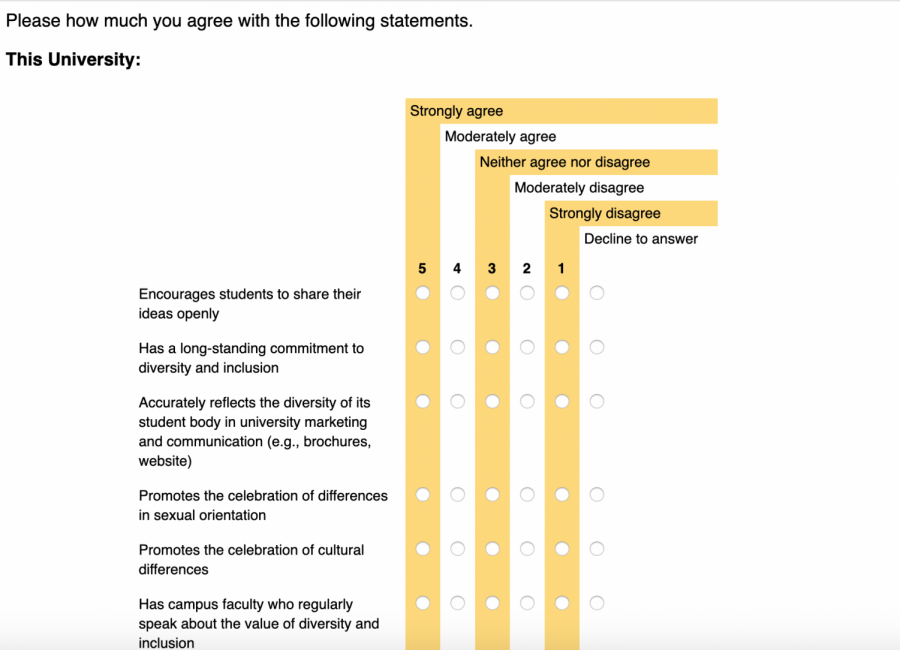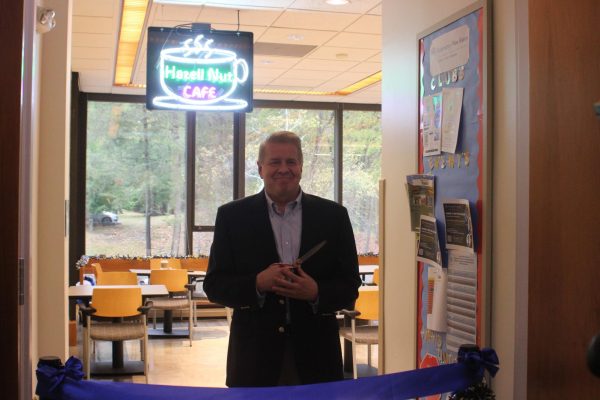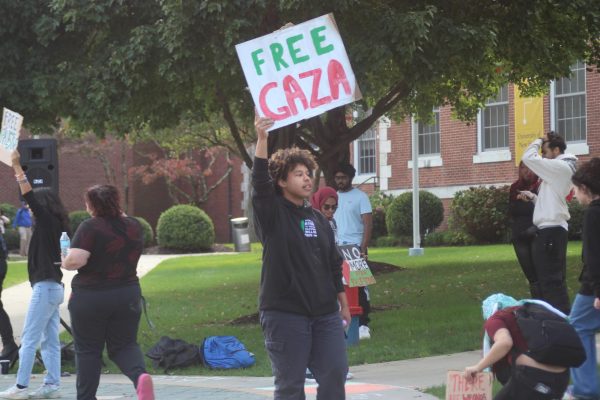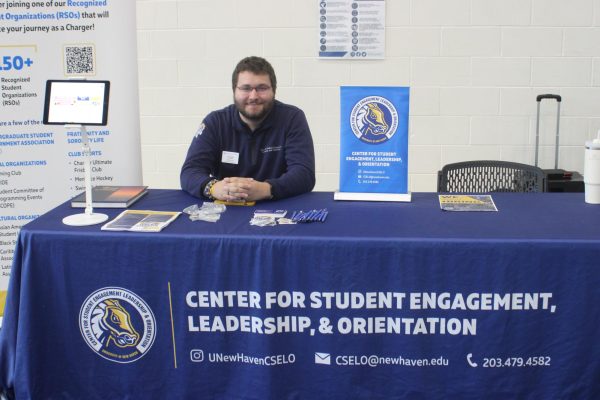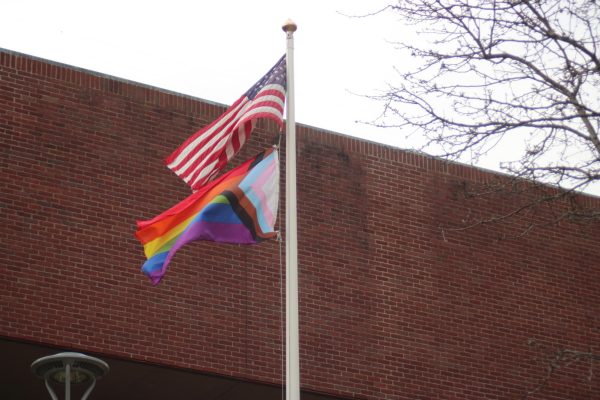University Launches New Campus Climate Survey
On Thursday, Mar. 7, university President, Steven Kaplan, sent out an email to students and faculty concerning a “campus climate survey on diversity and inclusion.” The survey opened on Monday, March 11 and will close on Sunday, March 31. According to the email, the goal of the survey is to “advance the campus climate of diversity and inclusion for everyone at the University of New Haven.”
This campus climate survey was created by the Inclusion, Diversity, Equity, and Access committee (IDEA) in tandem with the Myatt Center for Diversity and Inclusion. A subcommittee within the IDEA committee is led by Dr. Danielle Cooper, and is a university-level committee. This means that at least one dean, one faculty member from each college at the university, other core offices, like the Myatt Center, and student representatives make up the entirety of the committee.
“The whole reason I lead the committee is because of my research expertise,” said Cooper. “I certainly don’t claim to be what is considered a race scholar. I am a researcher and methodologist. I’m making sure that the survey is one that you don’t hit a point and say ‘Well this doesn’t represent me. Why am I continuing to take this?’”
The last time a campus climate survey was administered to students was in 2017, and then in 2014 before that. According to Cooper, there had always been a three-year span, but that the university has since “moved into an every other year” span. In 2017, the university also ran a faculty and staff survey related to diversity and inclusion, however, that one was “externally operated” by a consulting firm. The university has since moved away from external operators and created their own independent surveys.
“We found that as a committee when we were reviewing the data that we liked our in house survey better, and it was cost effective to do it in house,” said Ric Baker, senior associate dean of students and a member of the IDEA committee. “This year, Dr. Cooper, who is chair of the assessment sub-team within the IDEA council, was charged with reviewing the student survey, making changes to it for really probably the first time since it was created, substantive changes.”
After the survey has been completed, Dr. Cooper and her team will work toward putting together a report of all of the data they have collected. Once the report is finalized, they will then present it to president Steven Kaplan and try to figure out ways to improve policies related to diversity and inclusion on campus.
“I think the big picture is that this is for you,” said Cooper. There are some things that your university will ask you because it needs to know it for an accreditation purpose or because it ties to a budget or something. This is for you. And if students don’t show up in this survey then the question that will reasonably be asked is ‘Well then who is this for?’.”
Cooper also said that the survey will include portions where students will be able to “share their narratives” as well as a section at the end where students can report incidences of bias or prejudice they have experienced at the university.

Everett Bishop is a senior at the University of New Haven and is student life editor for The Charger Bulletin. He is double majoring in communications...



